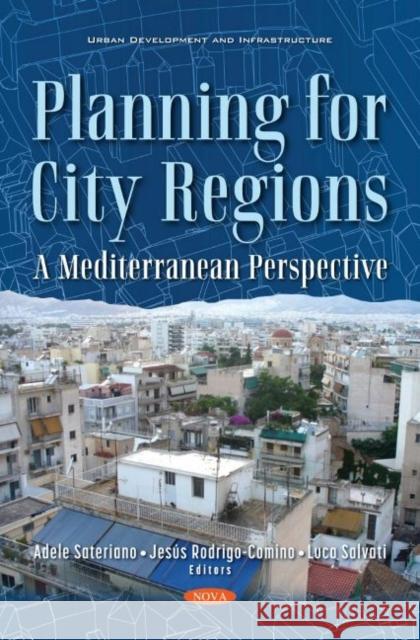Planning for City Regions: A Mediterranean Perspective » książka
Planning for City Regions: A Mediterranean Perspective
ISBN-13: 9781536196849
Renewed theoretical frameworks for planning, permanent monitoring and quantitative indicators based on official statistics, geographic information systems and remote sensing allow an inclusive and holistic representation of socioeconomic systems worldwide. By specifically focusing on metropolitan regions, this book offers a comprehensive analysis and interpretation of socioeconomic and territorial processes hampering spatial planning in Southern Europe, offering a theoretical and practical overview of topics and problems of great interest in the urban debate. Cities in the most advanced economies are progressively abandoning spatially additive, radio-centric patterns of urban expansion. The notion of city-regions is meaningful for the understanding of contemporary urban agglomerations and modern patterns of urban growth, adopting a specific, Mediterranean perspective. Understanding the reasons and causes behind this transition provides for a better comprehension of economic dynamics in Europe. Addressing the role of sustainability and resilience for urban management, this book offers a thorough reflection on how to manage large city-regions and to support the planning practices and governing action of policy makers and stakeholders. Through practical examples and case studies, the book finally proposes new statistics, indicators, and interpretative approaches, stimulating a thorough reflection on interrelation and complexity of local development mechanisms from different disciplinary perspectives.











